Share This:

The current understanding of what causes cancer is not complete and there is no single exact cause of cancer. Like many diseases, cancer develops gradually as a result of a combination of environmental, genetic and lifestyle factors.
Smoking tobacco, using smokeless tobacco, or being regularly exposed to second-hand smoke causes up to one-third of all cancer deaths. Smoking accounts for more than 90% of all lung cancer deaths and smokers are more likely to develop larynx, oesophagus, pancreas, bladder, kidney, and cervix cancers than non-smokers. Chewing tobacco can also cause cancers of the mouth and throat. Second-hand smoke is just as damaging to the health.

Singapore has one of the world’s highest UV exposure rates and excessive exposure to sunlight without protection can cause skin cancer. If you are fair-skinned, you are at a higher risk of skin cancer than someone with a darker skin tone. This is because the fair skin has less melanin, a pigment that protects the skin from UV rays.

Alcohol can damage the liver and increase the risk of liver cancer.
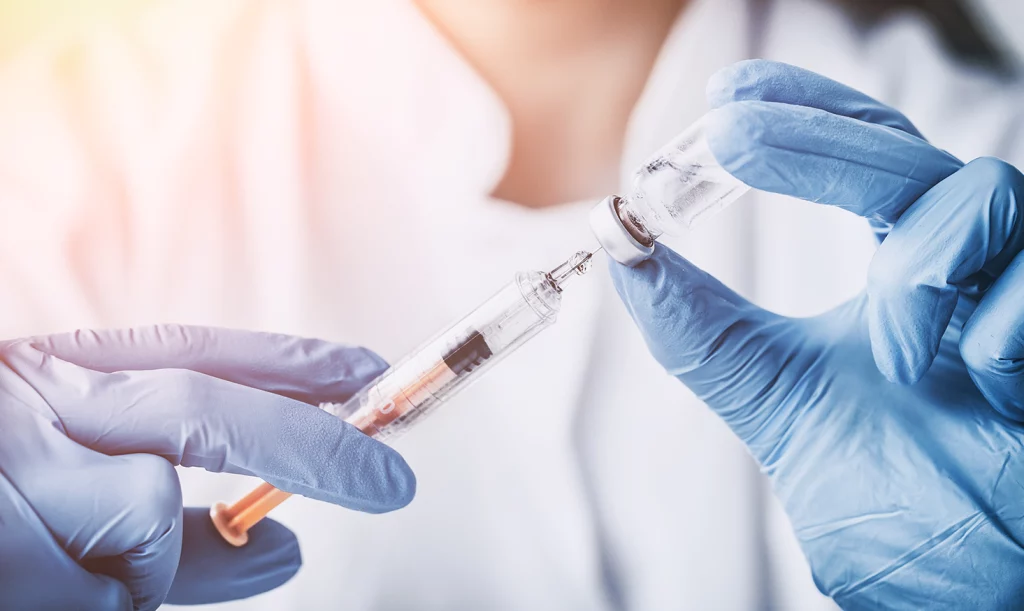
Chronic infection with Human Papillomavirus (HPV), Hepatitis B / C viruses, Epstein-Barr virus and Helicobacter Pylori virus increase the risks of cervical, liver, nasopharyngeal and stomach cancers.
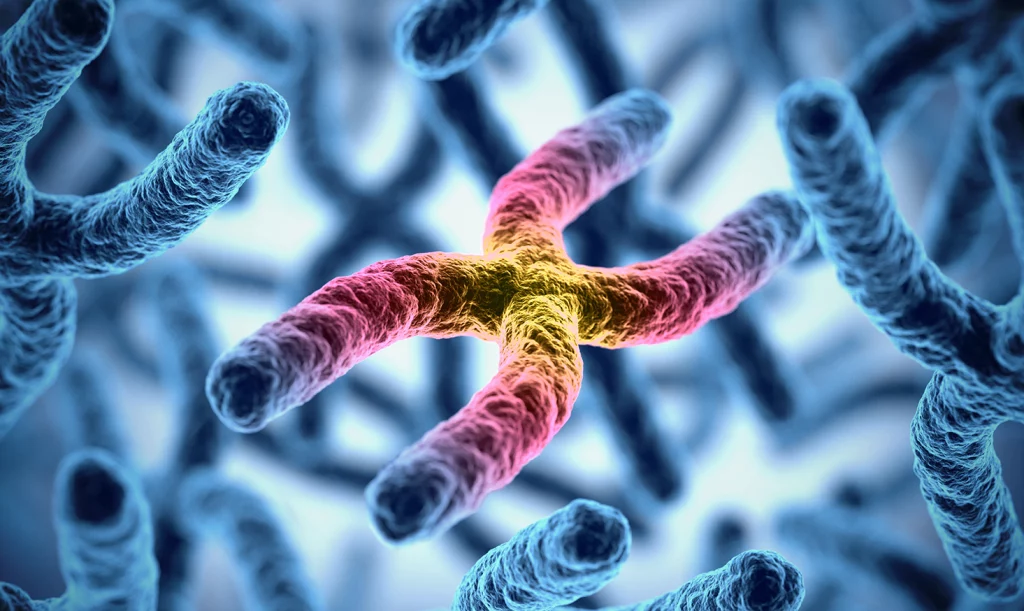
It is possible to be born with a genetic mutation that puts one at higher risk for developing a number of cancers such as melanoma (skin cancer), breast, ovary and colon cancers. Not all cancers tend to be hereditary, approximately 5 to 10 percent of all cancers are directly caused by inherited genetic mutations.

Many cancers are symptomless, so it is important to be aware of any unexplained body changes, such as the sudden appearance of a lump, blood in the urine, or a change in usual bowel habits.
These symptoms are often caused by other, non-cancerous illnesses, but it is important to see a GP for an investigation. If cancer is suspected, the patient will be referred to a specialist (oncologist), like The Cancer Centre.
Further tests, such as a biopsy or X-ray, will then be carried out to diagnose the type and stage of cancer.
Here are some warning signs to look out for:

At The Cancer Centre (TCC), Dr Wong Seng Weng and his medical oncology team are focusing their expertise on implementing preventive measures, actively conducting screening and providing innovative, targeted treatments for adult cancers, as well as using proven technologies to ensure optimal patient safety and comfort.
Dr Wong, a visiting consultant medical oncologist at Mount Elizabeth Hospital (Novena) and Mount Elizabeth Hospital (Orchard), holds the appointment of Adjunct Clinician Scientist at the Institute of Bioengineering and Nanotechnology in the Agency of Science, Technology and Research (A*STAR). He is also an active member of the American Society of Clinical Oncology, European Society of Medical Oncology and Singapore Society of Oncology.
Share This:
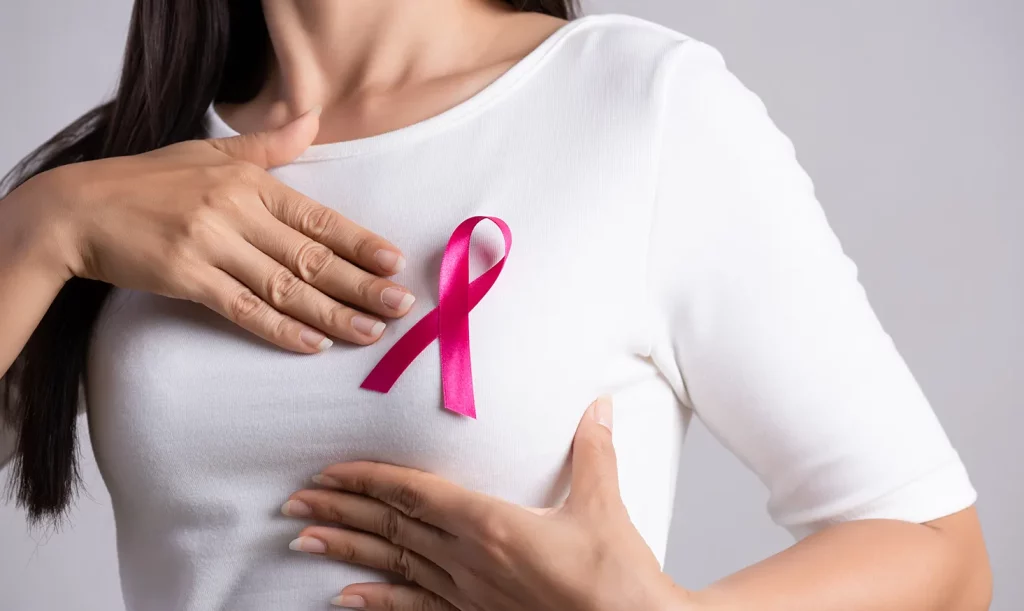
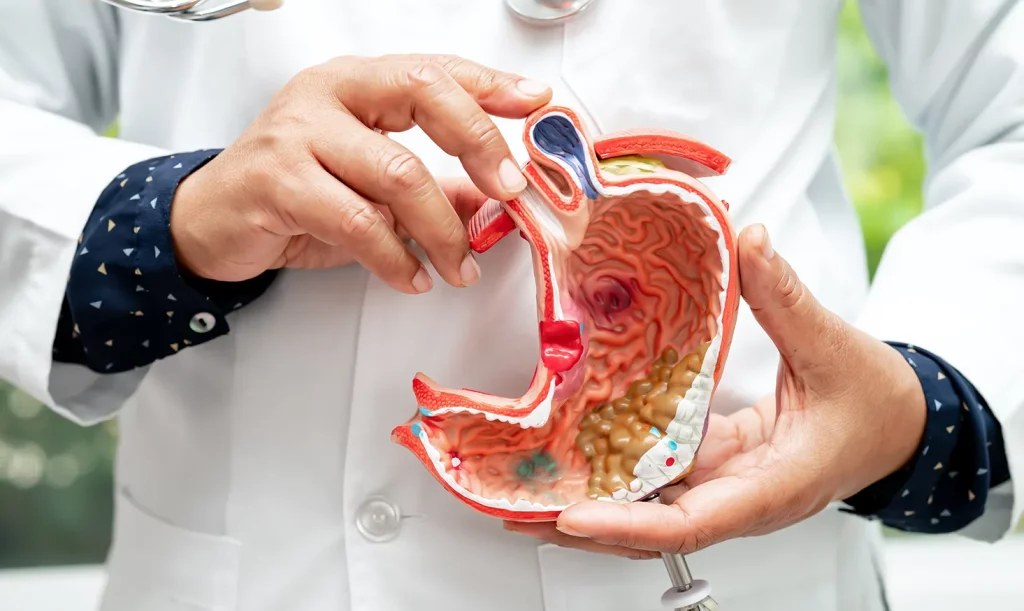

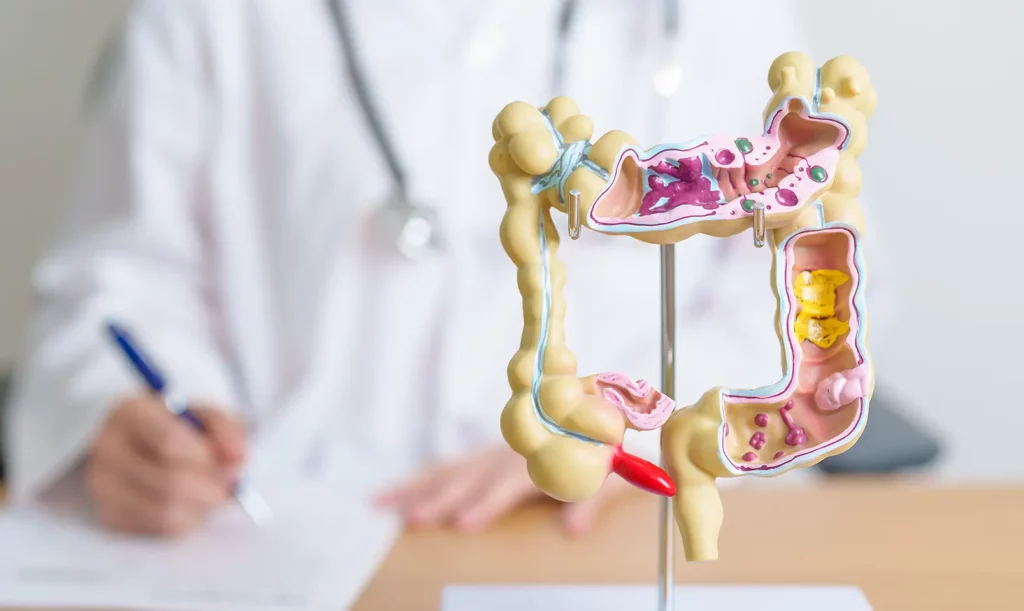
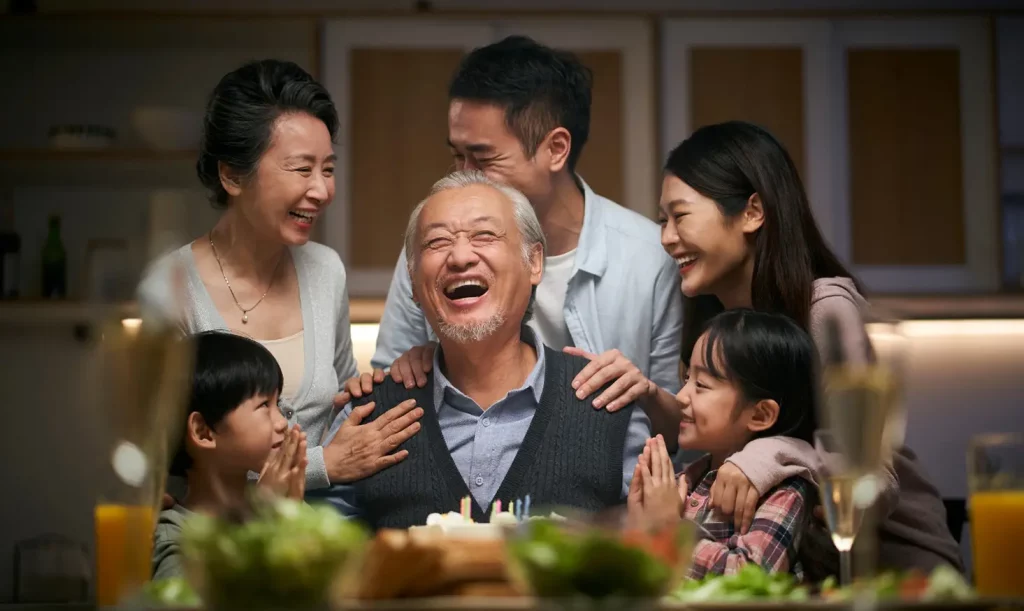


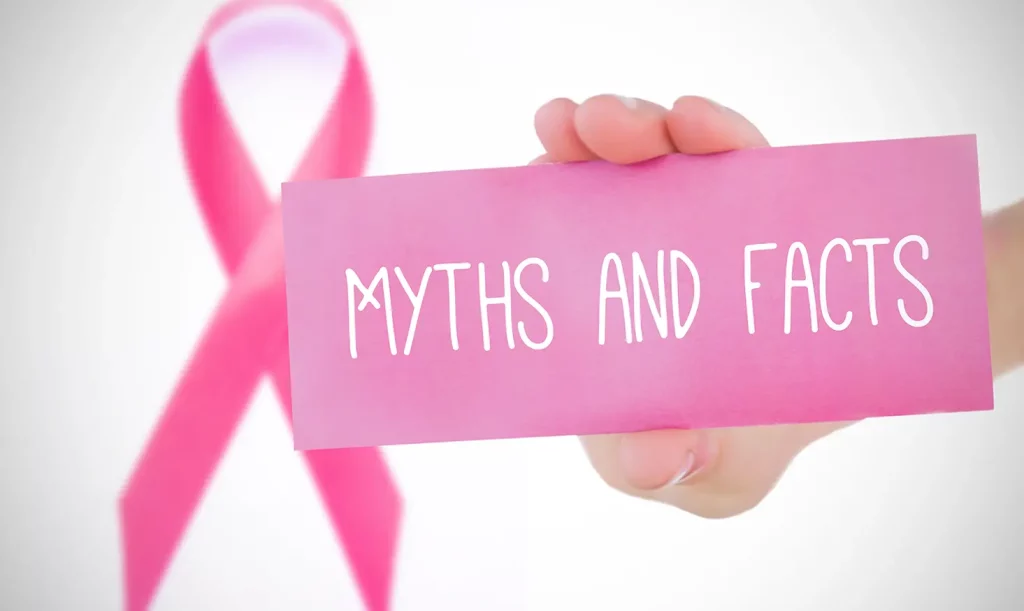
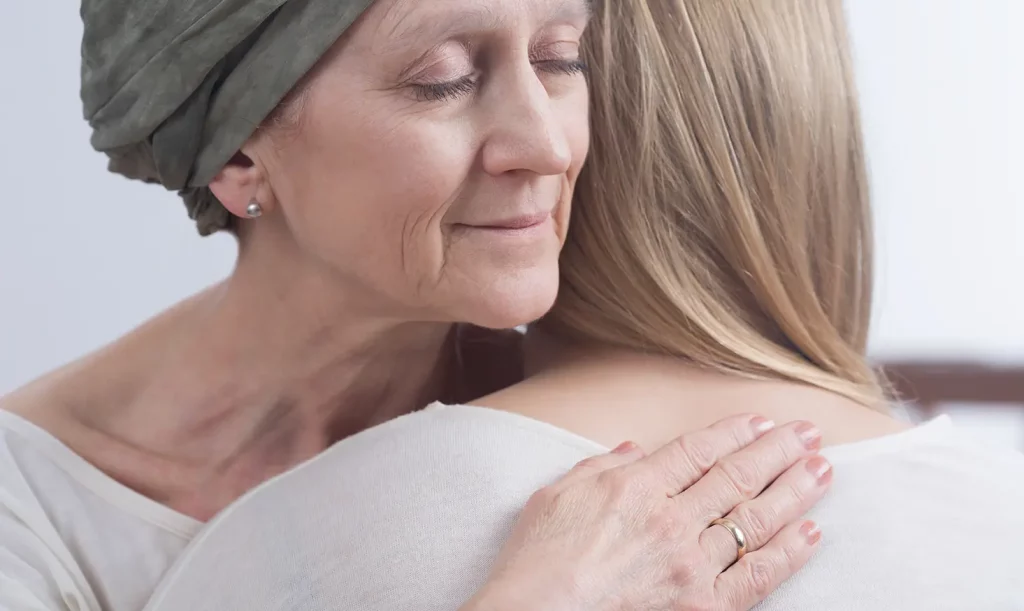


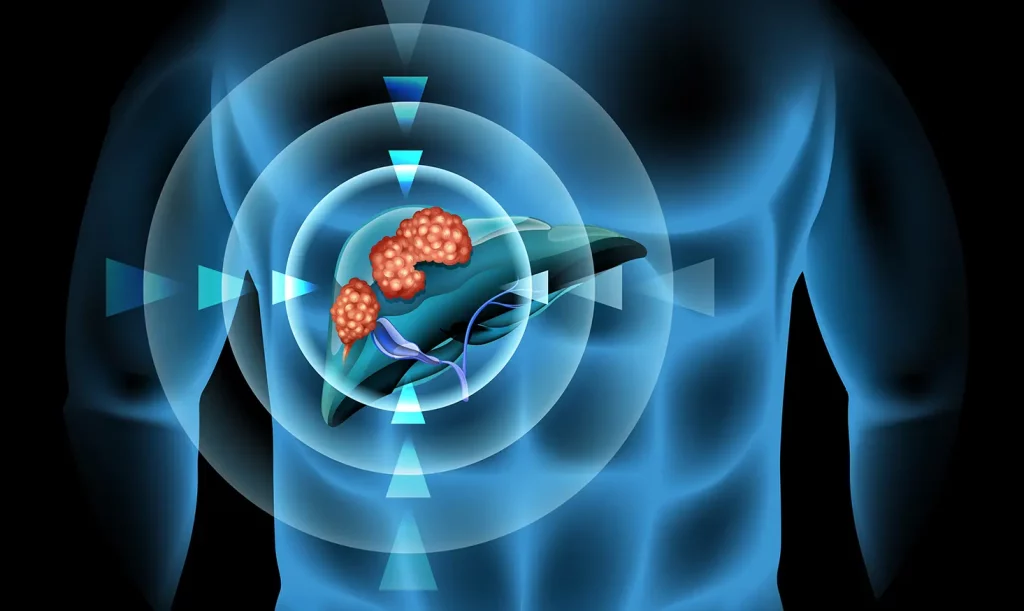

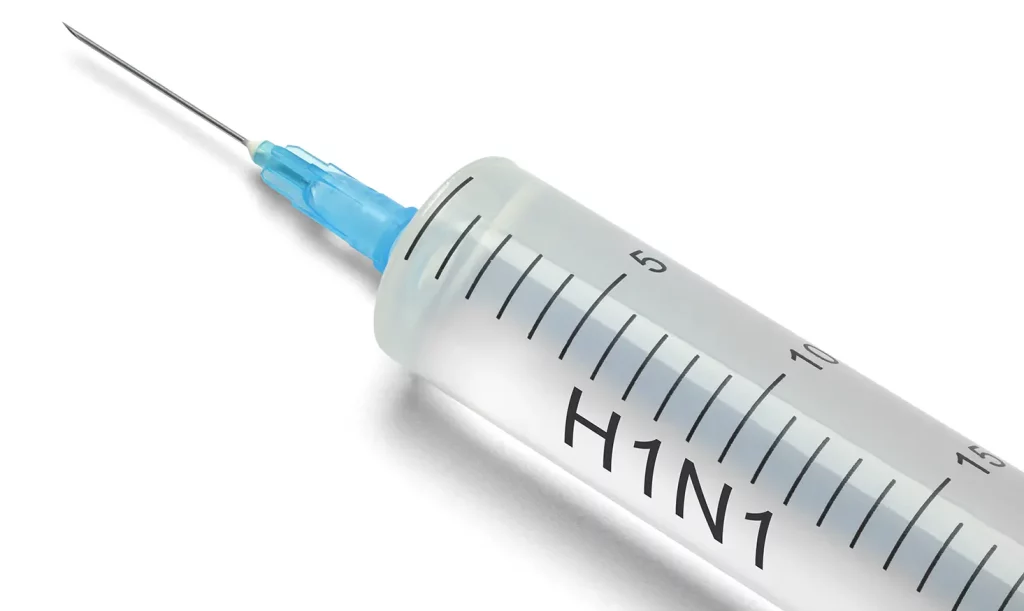






The Cancer Centre @ Paragon
290 Orchard Road #17-05/06
Paragon Medical (Lobby F)
Singapore 238859
The Cancer Centre @ Mount Elizabeth Orchard
3 Mount Elizabeth #03-04
Mount Elizabeth Medical Centre
Singapore 228510

BOOK AN APPOINTMENT
Incorporated in 2005, Singapore Medical Group (SMG) is a healthcare organisation with a network of private specialist providers across four established pillars - Aesthetics, Diagnostic Imaging & Screening, Oncology and Women's & Children's Health. Within Singapore, SMG has more than 40 clinics strategically located in central Singapore and heartland estates. Beyond Singapore, SMG also has an established presence in Indonesia, Vietnam and Australia. Learn about our privacy policy here.
